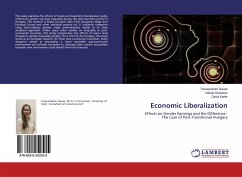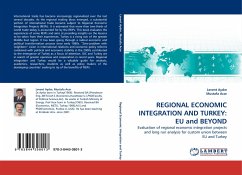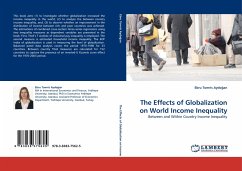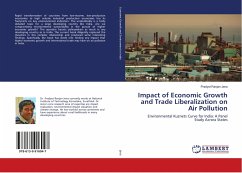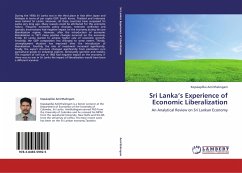This study examines the effects of trade and investment liberalization policy reforms on gender earnings inequality during the post-transition period in Hungary. The research is based on panel data from Hungarian Wage and Earnings Survey and other statistical sources for 21 industrial categories using inter-industry gender wage determination model as its main analytical approach. Unlike many other studies on inequality in post-communist countries, this study incorporates the effects of macro level changes in gender inequality analysis. Thus, the first for Hungary, the study serves as an exemplar research for other post-communist economies. Policy designers aimed at promoting a more equitable macroeconomic environment and activists interested in reducing labor market inequalities between men and women could benefit from this research.
Bitte wählen Sie Ihr Anliegen aus.
Rechnungen
Retourenschein anfordern
Bestellstatus
Storno

